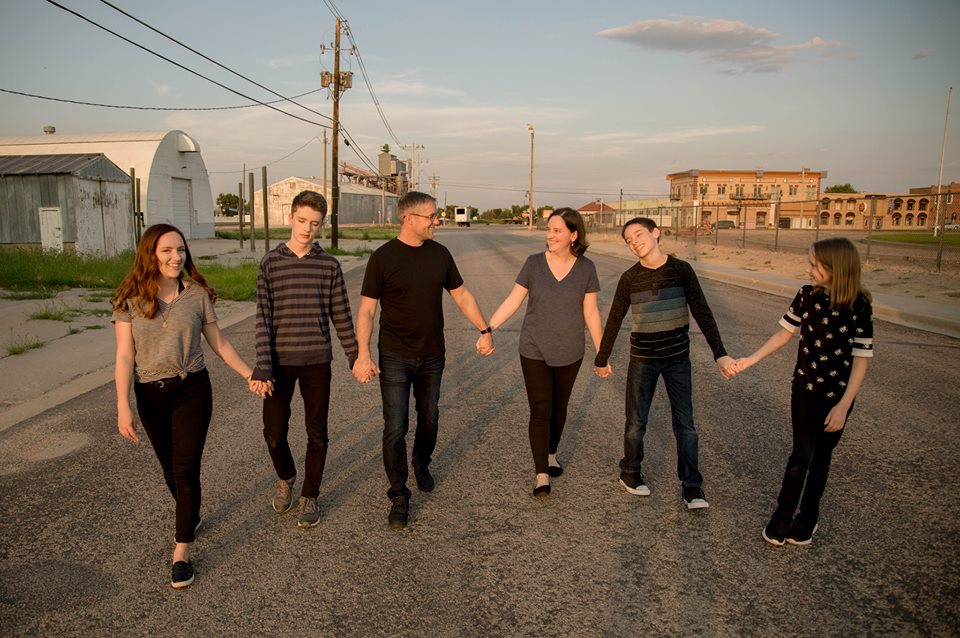When I was growing up, “church tradition” was a term in my mind that had more to do with old habits from the 50’s and 60’s than anything from previous centuries. Singing verses 1, 3, & 4 in the old green hymnals (Did anyone else secretly feel bad for verse 2?)… Vacation Bible School and camp in the summer… Mercifully shipping off the kids to children’s church right before the sermon (that must’ve been so long and boring as to warrant our exodus)…
Most of what I thought of as traditional, I decided I didn’t like. I still have this propensity to dislike stuff that’s done just because ‘that’s what we do’, but I’m realizing that my problem isn’t really with tradition; it’s with pointless tradition. If you want to observe something traditional, that’s fine, but if you want me to participate with you I have to know why. I just cannot bring myself to get into something just because a bunch of other people like it – and have liked it for the last 30 years. Tell me “Why?”
But I’m also thinking today about another side of tradition. It’s a side where the point is not missed – a side where the reason still matters, and still shapes action. And here is where I’m finding myself a little dis-advantaged. In the big picture, is a practice that’s 30 or 40 or even 50 years old really worthy of the label ‘tradition’? The church has been around about 2000 years, so what we’re calling tradition is probably BRAND NEW! And in the eddies of independence in which most of my church family swims, our traditions often extend about as far as the nozzle on our self inflated floaties.
Yesterday and today are a great case in point. It’s become traditional in many church circles to have some kind of alternative to Halloween. So instead of staying home and connecting with our neighbors, we can all get together in a safe environment to have some safe Jesus fun together. It might be called a Fall Festival, or a Harvest Party, or even Jesusween (I didn’t make that up, it’s actually being used), but I wonder if this new tradition could be reshaped to be more than a means to duck & cover from the biggest pagan bomb in our culture? Could a deeper look at history offer us anything?
Enter November 1st. It’s just November 1 to most of the people I know, but for hundreds of years, this has been a huge day for the church: All Saints’ Day. A day to celebrate the church through the ages – to realize our connection with the ‘saints of old’ who are collected with us into that ‘great cloud of witnesses’. But, at least in the church circles I’ve lived in, All Saints Day was a tradition that had long ago lost it’s purpose, fell out of practice, and which is now collectively forgotten. (Check out this interesting article for more on All Saints’ Day then come back and let me know what you think.)
If we could recapture the purpose of Nov. 1, could Oct. 31 become more than something from which we think we have to hide? Could there be more to anticipate than a boat load of candy and sugar tainted dreams at the end of the night? I don’t really offer an answer here, because this is something I’m still wrestling with. And I don’t mean any disrespect to those who want an alternative to Halloween as it is. I just wonder if there’s a more meaningful alternative to the alternative we’ve come up with…
